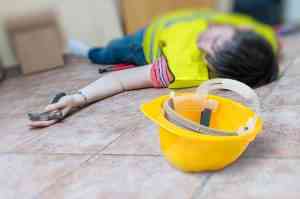Halloween is a perfect holiday for families and children to dress up, eat candy and have fun in their neighborhoods while trick-or-treating. All of this excitement in one night can unfortunately lead to injuries to your children, and injuries can definitely dampen the Halloween spirit. Here’s what you should look out for on Halloween night to ensure the risk of injuries and accidents is minimal.
How Could My Child Suffer From a Serious Injury on Halloween Night?
- Don’t let your young children trick-or-treat alone. This is an obvious safety tip, but many families are still unaware of the dangers of letting their small children walk in their neighborhood alone on Halloween. As a parent you should always accompany your young children. Older children should always travel in groups and be back home before extremely late hours.
- Be prepared for night-walking. The combination of walking at sundown or nighttime in unfamiliar areas with a mask or heavy costume could result in falls that could leave broken bones, brain injuries, sprains and bruises. Make sure you and your child have a flashlight just in case you’re on a poorly lit street.
- Ensure costumes fit properly. In order to avoid tripping and falling while trick-or-treating, make sure that your child’s costume doesn’t drag on the ground or isn’t too heavy and awkward. Also, ensure that any masks or headwear/eyewear doesn’t obstruct your child’s eyesight completely.
- Be cautious while carving pumpkins. Don’t let your young children carve any pumpkins with a sharp knife because they could easily cut their hands or other part of their body. A safer approach could be using paint or non-carving decoration kits for younger children, or you can cut the Jack-o-Lantern for them.
If you or your child suffers a serious injury on Halloween night due to negligence on someone else’s property, speak with a personal injury attorney as soon as possible. If you need help now, call Steve Gnau at (951) 370-1111 for a free case evaluation.




